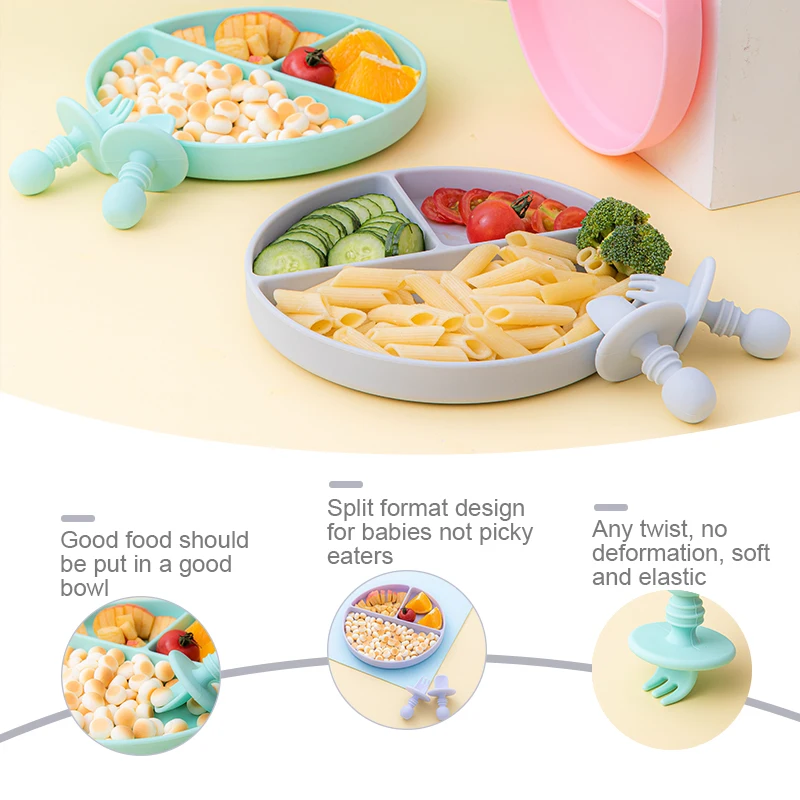Tips to wake baby for feeding
The New Mom Blog | How to Wake a Sleepy Baby to Feed
It can be frustrating to wake a sleepy baby to feed. You know your baby needs to eat but you are tired and wish there was a quicker way.
Do you need to wake your baby for feeds?
“Wake your baby every 2 to 3 hours to feed”.
“Never wake a sleeping baby!”
New parents get tons of conflicting advice. Who is right? Do you really need to wake your baby to feed? The research-based answer is yes AND no!
In the first few days of your baby’s life, there are special circumstances that make waking for feeds a good idea. But this will not always be necessary. In fact, it won’t be long before you are spending your energy trying to get your baby back to sleep!
Immediately after birth, most babies have a quiet alert stage. They will be awake and show interest in feeding. After an hour or two, they enter a drowsy state that lasts for most of the next 24 hours. Parents often interpret this behavior as a sign they have a happy and content baby.
In the next 24 hours, everything changes! Most newborns will wake on their own and want to feed very often. Ten, twelve, fourteen or more feeds a day is not unusual. Unfortunately, this stage can also be busy with visitors and hospital routines. It is easy to miss baby’s feeding cues. Some babies will wake and cry for feeds while other babies are more laid back and need reminders to eat, especially if they are being held by family members.
As a general rule of thumb, we recommend that you feed your baby at least every 2 or 3 hours during the day and every 3-4 hours at night until your baby is 2 weeks old and back to birth weight. This will help to ensure a plentiful milk supply, as your baby gets older. (Note: Some parents have misunderstood this advice, thinking they need to wait 2 to 3 hours between feeds. This is not the case. We would never want a hungry baby to wait to feed).
Reasons babies are too sleepy to feed:
- Prematurity: Premature babies may tire quickly and fall asleep before they have had a full feed.

- Jaundice: Jaundice, a condition in which baby’s skin and eyes appear yellow, can make babies more sleepy than usual.
- Difficult delivery: Use of vacuum, forceps and/or drugs during delivery can result in baby being more sleepy in the first few days.
- Medical problems: Babies with medical problems such as an infection or a heart problem may not feed well.
- Overstimulation: Some babies will tune out and go to sleep in reaction to excessive handling by strangers, constant loud noises, and/or bright lights.
- Not taking in enough calories: Babies who don’t take in enough milk may lack the energy needed to feed well.
Tips for waking a sleepy baby:
It is difficult to wake a baby in deep sleep. Watch for “soft signs” that your baby is waking such as small body movements, sucking on a fist, or eye movements, then try some of the following.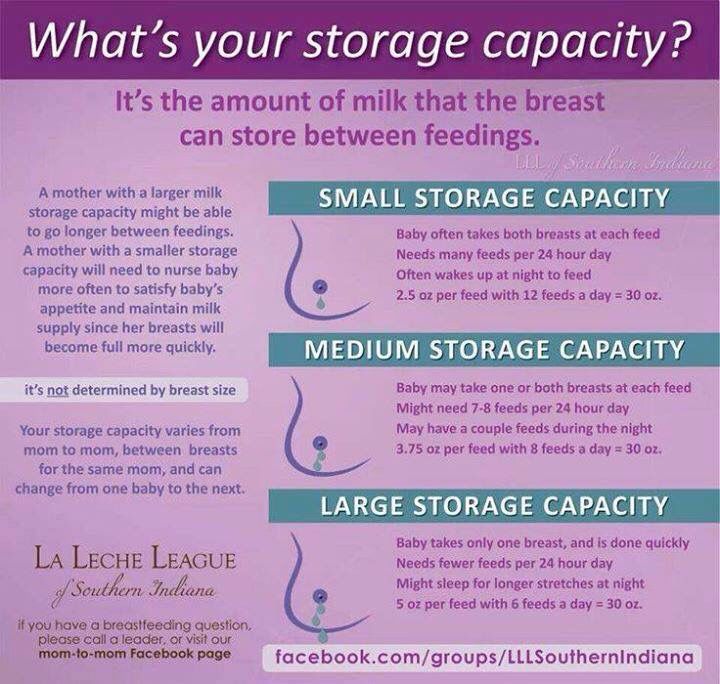
- Hold your baby skin-to-skin with baby in a diaper only. Being close to mom helps to remind your baby to feed.
- Use diaper changes to wake your newborn. If your baby is already alert, save the diaper change until after the first breast. This may help to your baby to be awake enough to take the second breast.
- Express a drop of milk onto your nipple and bring it near your baby’s lips.
- Use breast compressions while baby is feeding, to keep him alert and drinking.
- Burp baby between breasts to reawaken him.
- Change your breastfeeding position. If you find your baby is sleepy when tucked against your body, try feeding in the football position.
- Some sleepy babies benefit from switch nursing. (Leave baby on the first breast as long as he is actively sucking. When baby is no longer actively sucking, even with breast compressions, wake your baby and switch to the second breast.
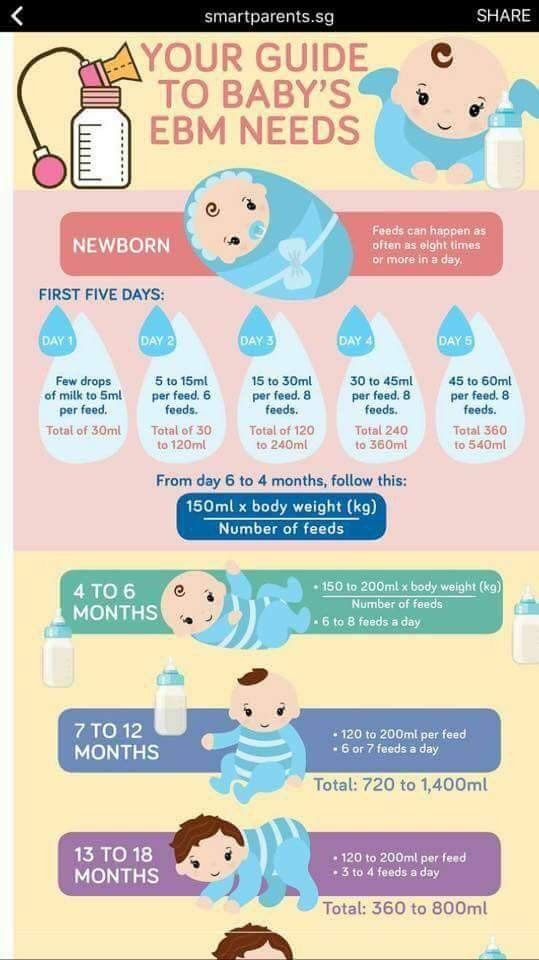 Repeat as often as needed. Some moms feed 2 or 3 times on each breast.)
Repeat as often as needed. Some moms feed 2 or 3 times on each breast.)
- Talk to your baby as he nurses. Babies love the sound of their mother’s voice.
- Walk your fingers up baby’s spine.
- Rub the soles of baby’s feet.
- Massage your baby’s scalp.
- Hold your baby up in front of you, talk and make eye contact.
- Try the “doll’s eye technique”, gently lifting your baby from lying to sitting, hinging at the hips.
- Gently clap your baby’s hands together or bicycle your baby’s legs.
- With your thumb on baby’s palm and a finger on the back of baby’s hand, rhythmically apply pressure.
- Rub baby’s back with small circular motions, starting from the small of the back and working upwards.
- Use your finger to trace a circle around your baby’s mouth.
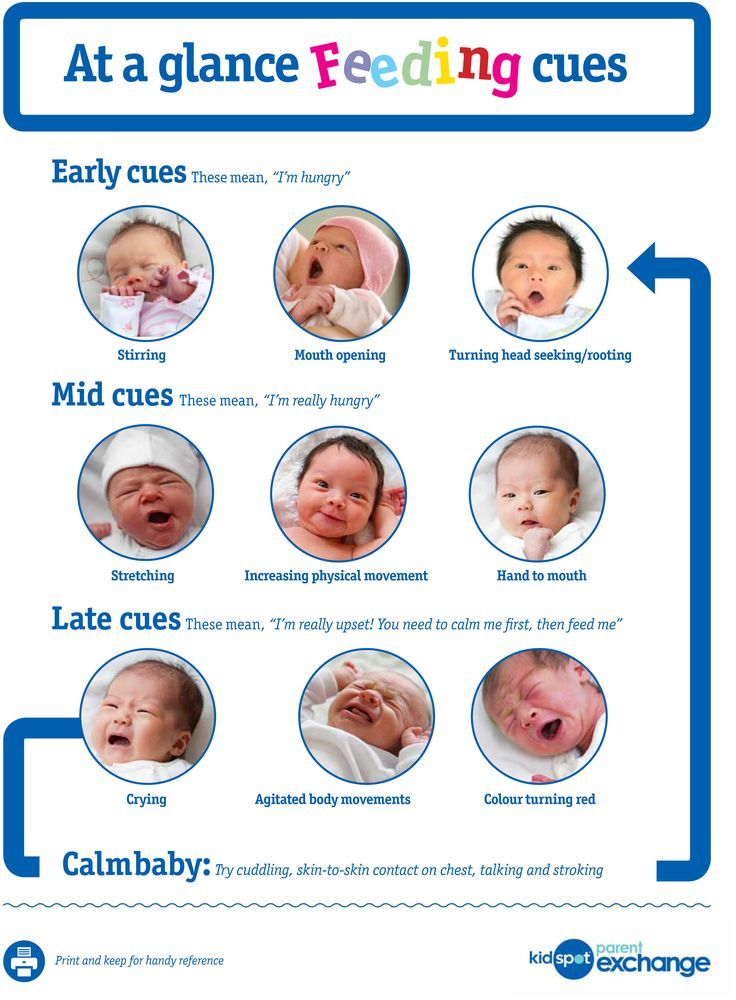
- Some people have used a cool washcloth. This seems a bit harsh so try this only if nothing else is working.
Please note: This list is long; try one or two per feed and see what work best for your baby.
Feeding a sleepy baby can be frustrating and time consuming. Keep your baby close so that you are able to respond as soon as baby shows interest.
Once your baby is 2 weeks old and weighs more than when she was born, you will no longer need to worry about waking for feeds. You can then relax and feed in response to your baby’s cues.
Waking Up Is (Sometimes) Hard to Do
Log in | Register
Ages & Stages
Ages & Stages
Listen
Español
Text Size
By: Laura A. Jana, MD, FAAP & Jennifer Shu, MD, FAAP
Jana, MD, FAAP & Jennifer Shu, MD, FAAP
You may have heard the age-old adage "never wake a sleeping baby." Many expectant parents take this advice to heart and prepare themselves and their homes accordingly.
In anticipation, they begin by turning the ringer off switches on their phones and making signs to tape over their doorbells that read, "Please knock quietly—baby sleeping."
After bringing home a newborn of your own, however, you're far more likely to discover that most young babies (older babies are a different story) can sleep through just about anything—vacuums, doorbells, and a whole host of ringtones included. Instead of figuring out ways to ensure peaceful slumber, many new parents find themselves wondering if, in fact, their babies would awaken to the sound of a freight train going by or the house being hit by a tornado.
You'll find that as your baby gets older, they will probably become a lighter sleeper. For the time being, however, feel free to relax a little on the noise control unless, of course, you need it so you can sleep.
How to Wake a Sleeping Baby
As we mentioned at the outset, newborns have an impressive ability to ignore the world around them when they see fit to sleep. If you find yourself in the position of needing to wake up your baby, here are some simple techniques that sometimes (notice we said "sometimes") work.
The kinder, gentler approach. You might as well start out with the kinder, gentler approach to baby waking and see what kind of response you get. This can include such basic measures as talking, singing, and gentle stimulation. Pick your baby up, talk to them, move their arms and legs around, even tickle the bottom of their feet or rub their cheek—whatever works to rouse them.
Dressing down. Whether it's the physical stimulation or the increased exposure to cool air that does it, many newborns absolutely hate to be undressed. Your newborn may find it well worth the time and effort it takes to awaken and voice their opinion.
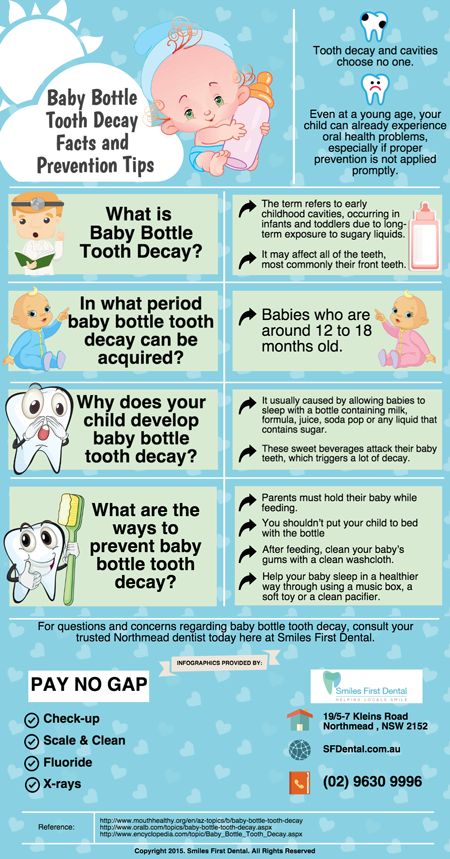
Double-duty diapering. Even if your baby doesn't technically require one, going through the motions (even reusing the same diaper, assuming it's still clean) may help if undressing alone doesn't do the trick. This works especially well for those babies who have a tendency to fall asleep before finishing their meals. We think of it as dual-purpose diapering because diaper changes not only tend to wake up sleeping babies but are more likely to be needed around feeding times.
Cleanliness is next to wakefulness. Giving sleepy babies a bath certainly takes things a step beyond undressing and changing diapers, but has been known to work when all else fails. While we certainly don't approve of cruel and unusual punishment in any way, shape, or form, there may be times when some of you simply have no other choice than to resort to a bath to get your baby to wake up. This more "drastic" measure is most appropriately used sparingly, such as in the event that a newborn is long overdue to eat, and can be modified to accommodate your baby's umbilical cord as needed.

Remember
The approaches we have described to you are obviously based on the assumption that your newborn is healthy. While it is true that newborns are known to be challenging to wake up at times, you should also be aware that babies who are not easily aroused or responsive despite their parents' best efforts need medical attention. Do not wait to discuss any questions or concerns you might have about your baby's sleepiness with their doctor: Seek medical help immediately if your newborn seems increasingly sleepy, unresponsive, or hard to arouse.
More information
- How to Keep Your Sleeping Baby Safe
- How Often and How Much Should Your Baby Eat?
About Dr. Jana
Laura A. Jana, MD, FAAP, is a pediatrician and mother of 3 with a faculty appointment at the Penn State University Edna Bennett Pierce Prevention Research Center. She is the author of more than 30 parenting and children's books and serves as an early childhood expert/contributor for organizations including the Maternal and Child Health Bureau, Primrose Schools, and
US News & World Report. |
About Dr. Shu
Jennifer Shu, MD, FAAP serves as the medical editor of HealthyChildren.org and provides oversight and direction for the site in conjunction with the staff editor. Dr. Shu is a practicing pediatrician at Children's Medical Group in Atlanta, Georgia, and she is also a mom. She earned her medical degree at the Medical College of Virginia in Richmond and specialized in pediatrics at the University of California, San Francisco. Her experience includes working in private practice, as well as working in an academic medical center. She served as director of the normal newborn nursery at Dartmouth-Hitchcock Medical Center in New Hampshire. Dr. Shu is also co-author of
Food Fights and
Heading Home with Your Newborn published by the American Academy of Pediatrics (AAP). |
- Last Updated
- 10/7/2021
- Source
- Heading Home With Your Newborn, 4th Edition (Copyright 2020 American Academy of Pediatrics)
The information contained on this Web site should not be used as a substitute for the medical care and advice of your pediatrician.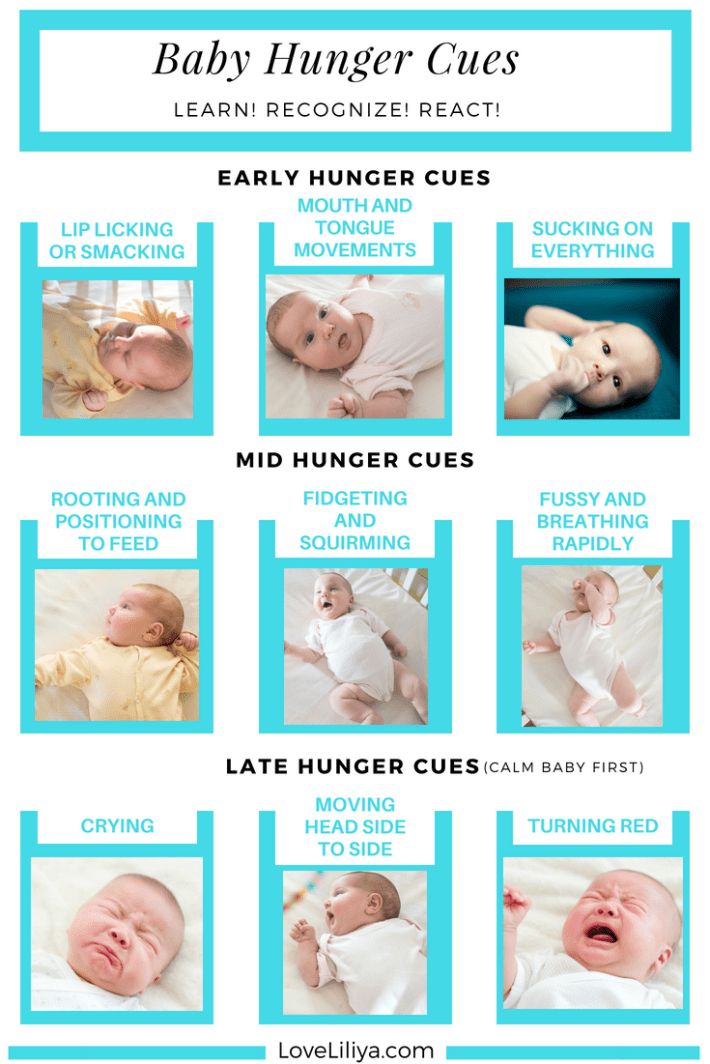 There may be variations in treatment that your pediatrician may recommend based on individual facts and circumstances.
There may be variations in treatment that your pediatrician may recommend based on individual facts and circumstances.
Breastfeeding at night
Submitted by useradmin on Thu, 08/12/2021 - 21:23
In the first days or even weeks, the baby has not yet established a diet and sleep pattern; periods of sleep and wakefulness alternate, while the total daily sleep duration decreases month after month. Frequent breastfeeding contributes to the constant formation of milk and its timely removal from the breast.
During the first weeks, most prolactin, the main hormone needed for milk production, is produced at night. The stomach of a newborn is small and cannot hold large amounts of milk. Due to its composition, breast milk is quickly digested, so the baby quickly becomes hungry again. During night feedings, a newborn receives a third of the total daily calorie intake.
Do I need to wake my baby up for a night feed?
Sometimes the baby may sleep too much and not wake up to eat, so he does not get enough food.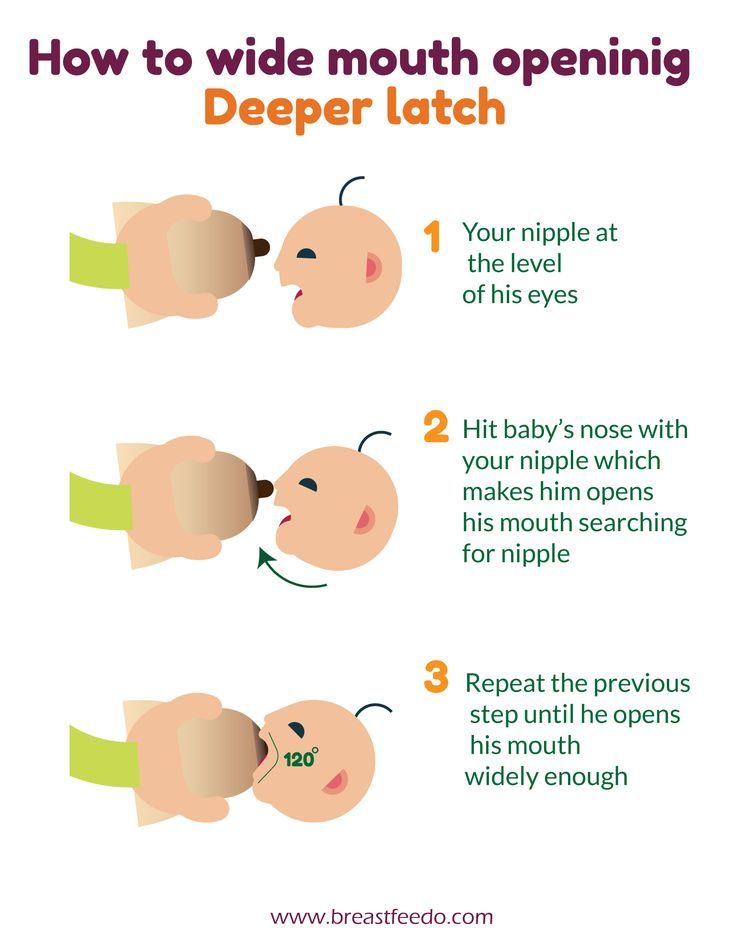 This state of affairs can turn into a vicious circle: the less the child eats, the more he sleeps. In the first six weeks of life, babies need 8-12 breastfeeds per day. If the child sleeps a lot during the day, do not create ideal conditions for him to sleep (silence, darkened room). As soon as you notice the first signs of hunger in your baby, it's time to feed him. During this period, you need to especially monitor the well-being of the child and measure his body weight more often.
This state of affairs can turn into a vicious circle: the less the child eats, the more he sleeps. In the first six weeks of life, babies need 8-12 breastfeeds per day. If the child sleeps a lot during the day, do not create ideal conditions for him to sleep (silence, darkened room). As soon as you notice the first signs of hunger in your baby, it's time to feed him. During this period, you need to especially monitor the well-being of the child and measure his body weight more often.
If the baby is healthy, over six weeks old, and gaining weight well, it is not necessary to wake him up for night feeds unless you urgently need to empty your breasts.
How can I prolong my child's sleep at night?
Here are some tips to help your baby sleep longer and reduce the number of nighttime feeds:
- Breastfeed more often; try to feed him more often during the day and in the evening: this way he will get enough food during the day and will not wake up from hunger at night.
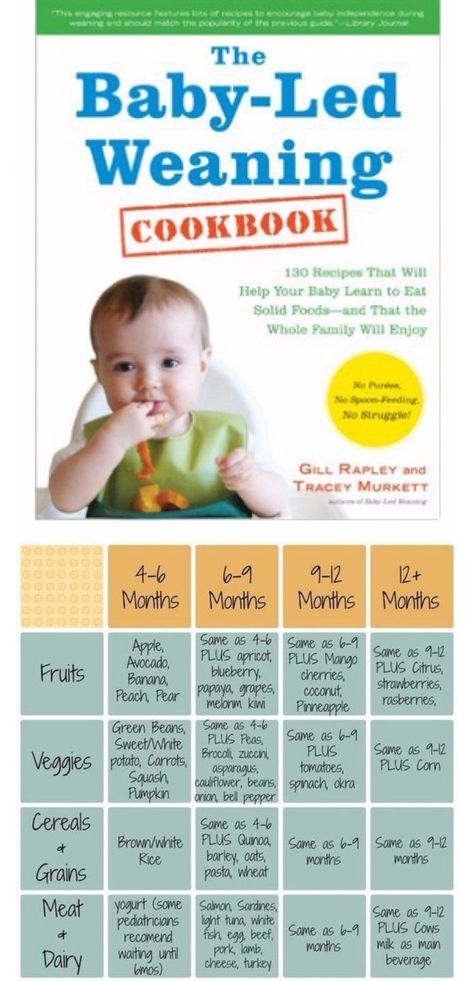
- Gradually increase the child's periods of wakefulness; bathe him and play with him in the evenings, gradually establishing a sleep schedule.
- If you go to bed a few hours after your baby falls asleep, try breastfeeding before going to bed. Babies usually eat a little and then go back to sleep.
- If the baby wakes up at night to eat, feed him in a quiet and dark room. If the diaper is not too wet or soiled, and if the baby does not have diaper rash, do not change it.
After feeding, put the baby back in the crib; It's not safe for him to sleep in the same bed with adults!
Gradually stop feeding at night
Try not to feed your baby to get him to sleep: this can lead to him not wanting to fall asleep later. If milk and other sugars are present in the baby's mouth at night, his teething teeth can be damaged, which has far-reaching consequences. Every ritual that you do with your child before bed turns into a habit, without which he will not be able to fall asleep in the future.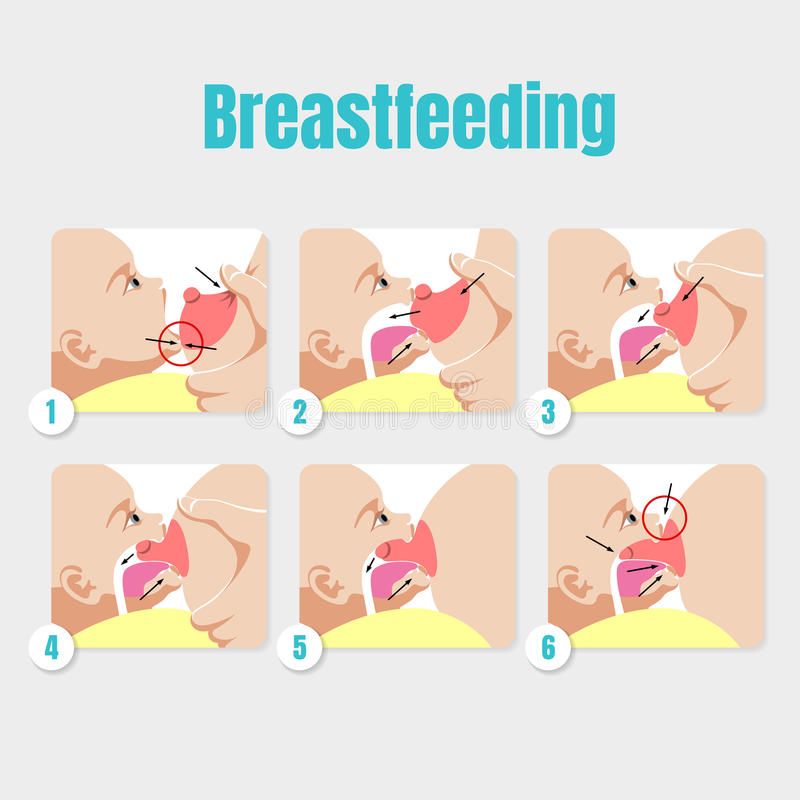 If the baby is over six months old and you are sure that he is getting enough food during the day, try to stop feeding at night.
If the baby is over six months old and you are sure that he is getting enough food during the day, try to stop feeding at night.
Here are some tips to make this transition smoother:
- If your baby suckles for a short time (less than 5 minutes) at night, instead of feeding, try calming him down in another familiar way - shake, sing a song, etc.). It may take a few days for the child to get used to the new routine. Stock up on patience.
- If night feedings are still long and last as long as daytime feedings - more than 5 minutes, you can gradually reduce this time over 5-7 nights.
- There are many reasons why a child wakes up at night. Since you are already pretty tired from the interrupted night's sleep, you immediately offer the breast to the awakened baby, and he develops the habit of sucking the breast to calm down. First, try to calm him down in a different way. In most cases, when a child wakes up due to anxiety, and not from hunger, you will be able to simply rock him; but sometimes he won't rest until he gets the breast.

- One of the tactics is when, during the period of gradual cessation of night feedings, the baby wakes up at night, ask the father to take him in his arms and calm him down.
Should night feedings be stopped?
Every child is different. Some stop eating at night at four months, others at two. Your child will stop waking up at night to eat when he doesn't have such a need and when he is developmentally ready for it. You should listen to your baby's needs so you know when it's time to stop nighttime feedings.
The decision to phase out night feeds also depends on the parents; If you're tired of waking up multiple times during the night, try to end your nighttime feeds when your baby is six months old if he's healthy and well.
Whether you view nighttime breastfeeding as a natural part of your baby's development or as a problem depends on your expectations. First you need to get to know your child, his needs and desires.
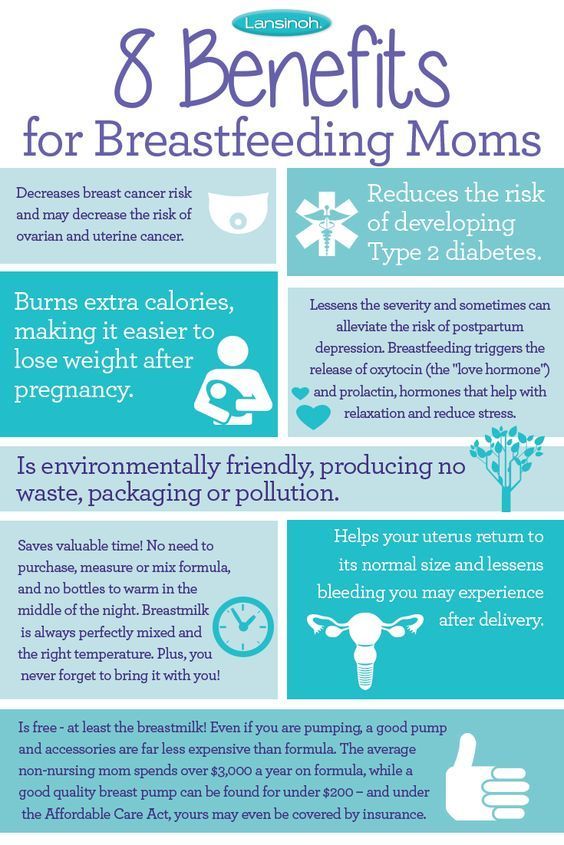
If you have questions or concerns about breastfeeding, please consult a specialist. You will receive professional help and advice.
Australian Article
On
Cover Image
Image
© UNICEF/UNI11866/Pirozzi
Keywords
Night-Time Feeding
Night Feed
Category
Power
Child Age
1st month
2nd month
3-4 months 9 months
10-12 months
Child Gender
Both
Parent Gender
Both
Generic Content
Off
Licensed Content
Off
Premature Content
Off
Mandatory Content
Off
How to wake up a baby for feeding and whether it is necessary to wake up a baby in the afternoon
05/29/2020
95
For any parent, the question of whether to wake up the baby is not easy. On the one hand, there are fears that a child who has been sleeping for a long time will not be able to fall asleep later, and on the other hand, how to raise such an angel who has been put to bed for so long.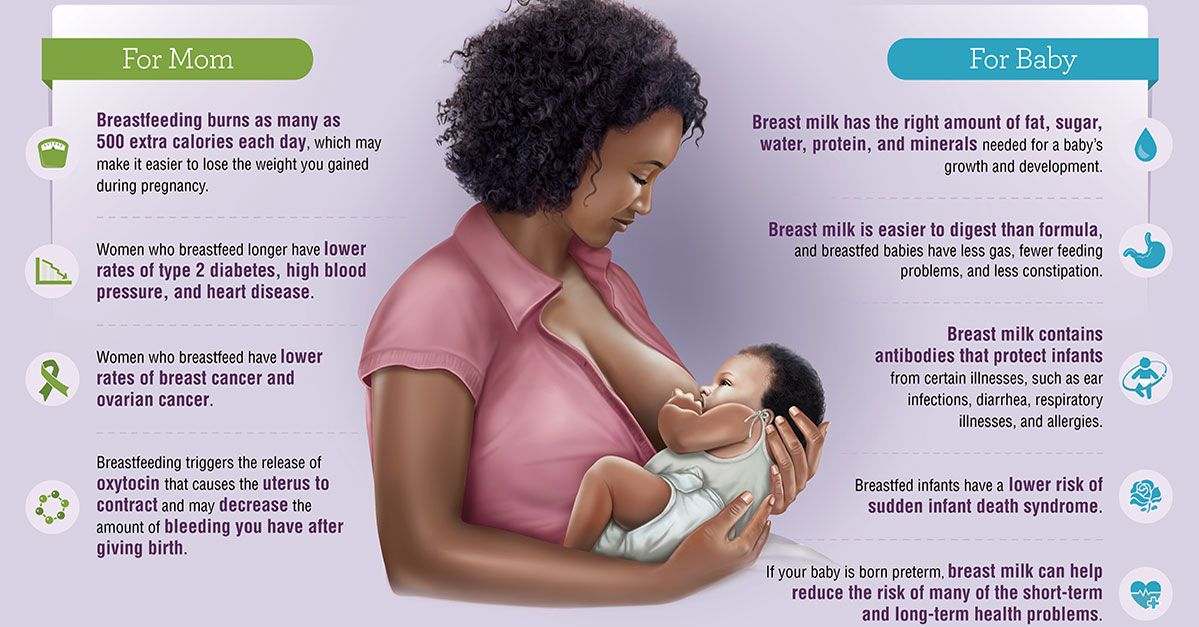 ..
..
so that his sleep is not affected.
Let's start with the smallest children. You've probably heard the phrase "never wake a sleeping baby." But it is not always fair. Some newborn babies wake up on their own for feedings, while others need to be awakened. Whether or not you need to wake your baby depends on their age, weight, and overall health.
The American Academy of Pediatrics recommends waking your baby for feedings if he sleeps more than 4 hours in the first two weeks of life. On average, a baby needs feeding every 2-3 hours.
Frequent feeding is very important for several reasons:
- The baby's stomach is very small, the baby quickly digests breast milk. Faster than a mix. Therefore, physiologically, the child necessarily needs frequent feedings every 2-3 hours.
- Babies can sometimes sleep even when hungry, thus malnourished, which affects their development.
- After birth, the baby loses 5-10% of its body weight.
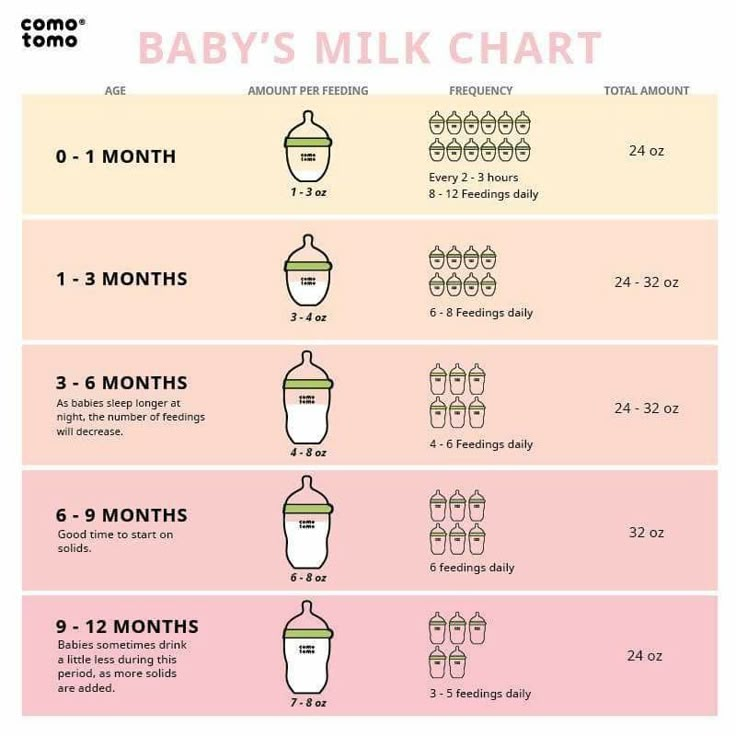 And in the first weeks he needs to gain weight. Lack of milk or formula slows down this process.
And in the first weeks he needs to gain weight. Lack of milk or formula slows down this process. - A short interval between feedings helps to maintain lactation. That allows you to avoid problems with a lack of milk in the future.
Tears already signal strong hunger. Therefore, it is better to breastfeed the baby before the baby starts crying. Learn to recognize the early signs of hunger: the baby puts his hand in his mouth, smacks his lips, tossing and turning when he sleeps.
Do I need to wake my baby up for feeding during the day? In general, if an infant sleeps for more than 3 hours in one dream during daylight hours, he must be awakened. Then the mother can feed the already awakened baby. This makes it possible to adjust the work of the biological rhythms of the baby.
How to Wake Up
- Help your child gradually fall asleep by stroking their arms, legs or lightly tickling them.
- Change diaper. Often this is enough for the baby to wake up and be ready to eat.
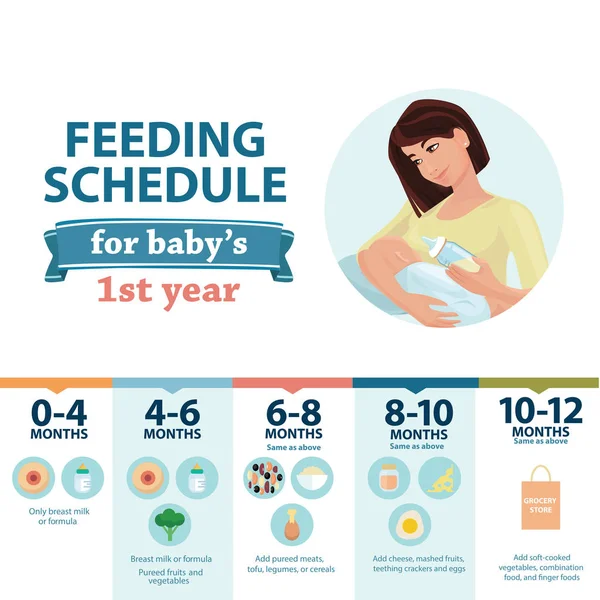
- Undress and place skin to skin on your chest. You can squeeze a few drops of milk onto your baby's mouth. He will smell and taste it and begin to suck on the breast.
- Speak - he will hear your voice and wake up.
- Do not turn on bright lights. A dim light is sufficient. The bright light will blind your eyes.
- If the baby has latched onto the breast but has not begun to suckle, stroke his cheek.
How long to feed
As soon as the baby wakes up and starts to feed, make sure the feed is long enough to empty at least one breast. So we will know that he ate hind milk, which is necessary for the growth of the child's body. Some babies take 45 minutes or more to feed one breast, and some do it in 10 minutes.
The sucking reflex promotes falling asleep. Therefore, make sure that the baby does not fall asleep while feeding. If he falls asleep, change position, lift him up to burp, and then start feeding again.
By 6 months you will have a more or less predictable eating schedule.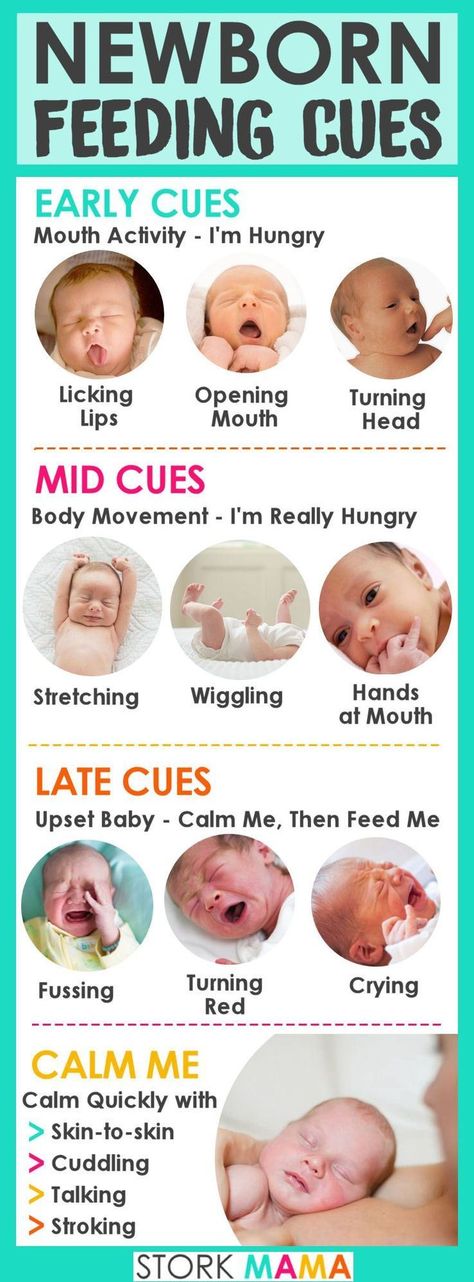 But each baby will have his own. Some of the children eat every 2 hours, and someone is able to stay without food for 3-4 hours by the second month of life. This is especially true for children who are formula fed.
But each baby will have his own. Some of the children eat every 2 hours, and someone is able to stay without food for 3-4 hours by the second month of life. This is especially true for children who are formula fed.
The time intervals between feedings increase as the child grows older. By the age of six months, many babies can already go without supplements at night or are able to sleep for longer periods.
If a baby wakes up too often after 6 months and asks for food in the dark, perhaps this is no longer hunger, but a way to relax and fall asleep.
Avoid using a pacifier in the first weeks after delivery. The pacifier helps the child to calm down and prolong sleep. So you may not notice that your baby is hungry. Therefore, start using a pacifier no earlier than 4-6 weeks and when you are lactating.
Should the baby be woken up to feed formula? As with breastfeeding, the newborn needs frequent formula feeding. But the interval will be more than 3-4 hours.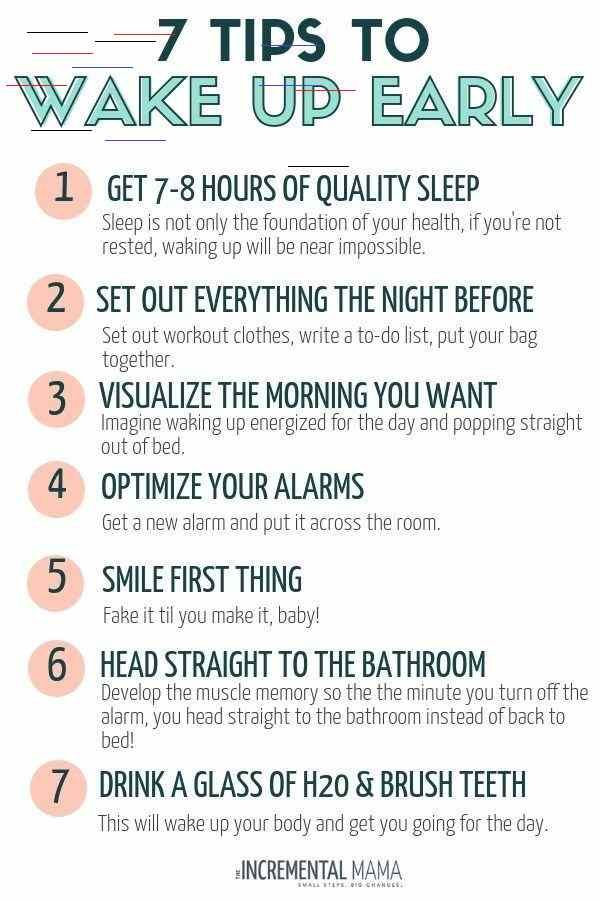
When it is necessary to wake up the child
It is important to wake up the baby in the morning if he slept later than 7.00. This is especially true for children who still sleep 1-2-3 times during the day and have already developed a relatively stable routine. So you create the perfect routine in the morning.
After waking up, children need time to work up their fatigue for the next nap, the ideal window for which is around 9and 13 hours (depending on age).
Therefore, if the baby slept until 8 am, he simply will not be able to fall asleep in his first daytime sleep.
In order for the baby to wake up calmly without tears, you can enter a wake-up ritual. It allows the child to smoothly transition from a sleepy state to wakefulness.
Example of a wake-up ritual:
- Open curtains/turn on lights
- Welcome words and a kiss
- Snacks, nursery rhymes after sleep
- Cheerful song
Then you can get up and start breakfast.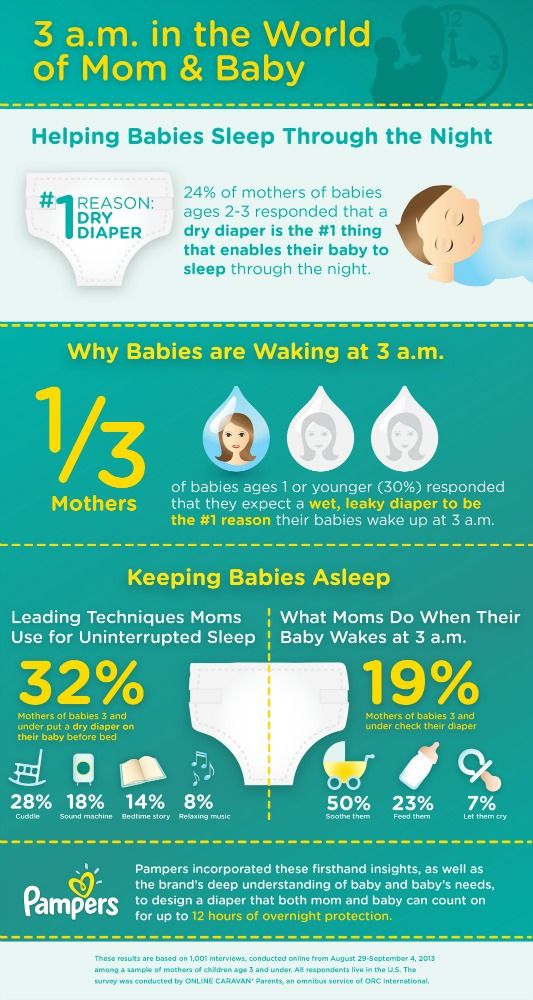 For older children, such a ritual is also necessary.
For older children, such a ritual is also necessary.
The awakening ritual has different tasks:
- Marks the end of sleep,
- Teaches a child that everyday sounds are not a reason to wake up,
- Helps prevent baby from crying when waking up.
It will also be useful to have a light alarm. If the baby wakes up early, he will stay in bed until he sees the light on the clock.
When to wake up a baby after a nap
Many babies from 4 to 8 months sleep three times a day.
In this mode, it is important to wake up the baby after the third nap no later than 17.00. The duration of this segment is about 45 minutes, but not more than an hour. Then you can easily put the baby to bed by 19 o'clock.
Transition to one nap
At the age of 15-18 months there is a transition to one nap. It can be long and take place in different ways.
For example:
In the morning, the baby falls asleep easily and sleeps up to 2 hours.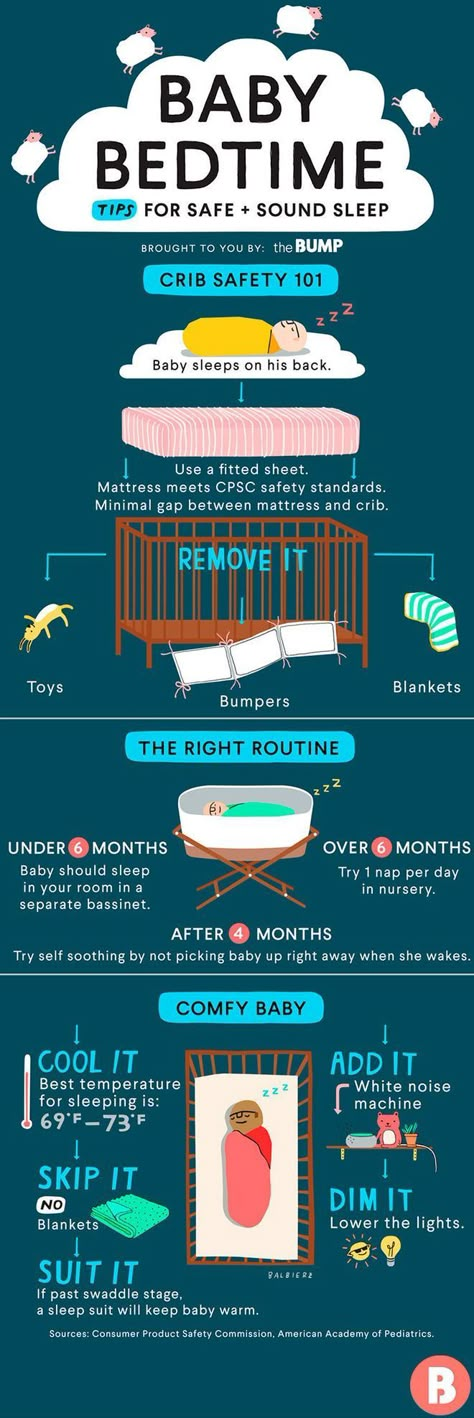 But then it is difficult to put it in lunch. And by the evening without rest at lunchtime, he is already overworked and falls asleep with difficulty.
But then it is difficult to put it in lunch. And by the evening without rest at lunchtime, he is already overworked and falls asleep with difficulty.
Therefore, if this is your case, you can pick up the child after 60-75 minutes. At the same time, move the start of the second sleep 15 minutes later. But if the baby sleeps for 1 hour in the morning and then it’s already difficult to fall asleep a second time, start putting him down only at lunchtime.
One nap after 2 years
Between 2.5-5 years, daytime sleep may disappear. Here again, the story described above is often repeated. It seems that the child falls asleep perfectly during the day, sleeps for a long time, but in the evening, laying down is delayed until 10-11 pm. The problem is that getting up early in the morning to the garden usually does not allow you to sleep the necessary 10-11 hours per night. And again, you will have to gradually limit the duration of daytime rest. Wake your baby up after 60 minutes first, then skip the daytime so your baby sleeps better at night.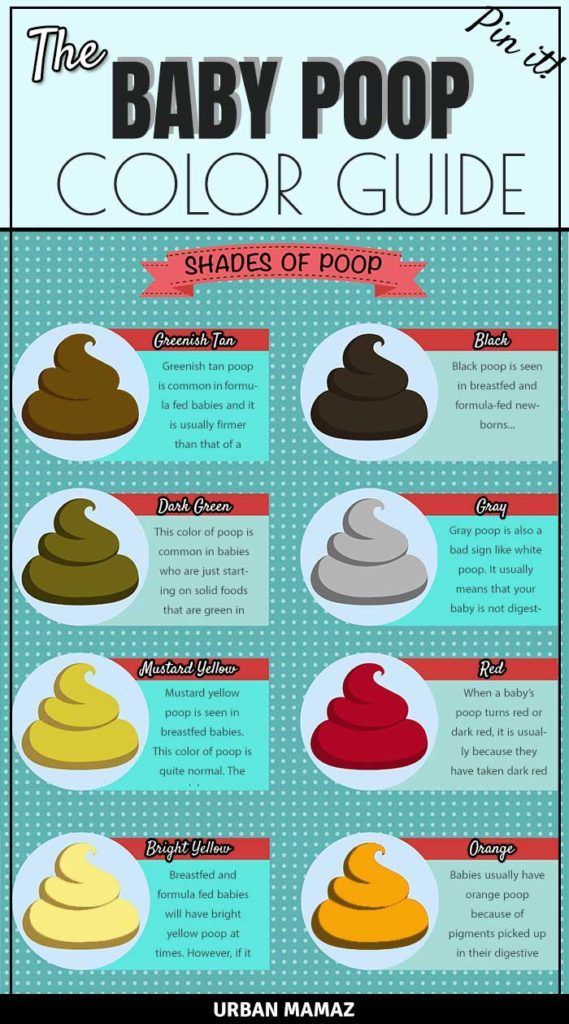

 She lives in Omaha, NE.
She lives in Omaha, NE.





